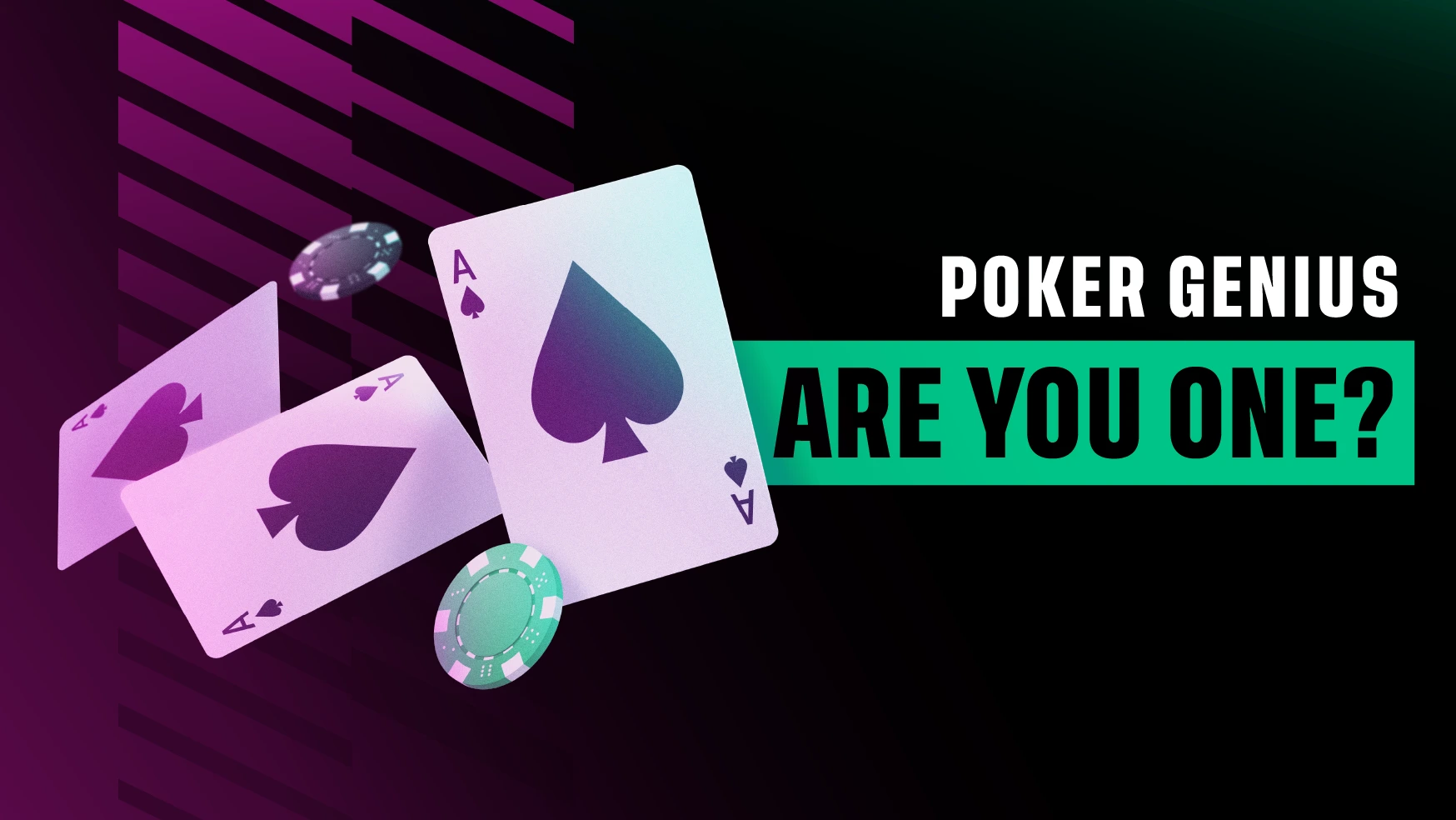Poker psychology is the ability to restrain one’s emotions and make deliberate decisions. It also involves identifying and exploiting opponents’ tells. The subject is explored in a wide variety of books, online poker blogs and video tutorials.
Understanding poker psychology can give you a big edge over your opponents. Mastering this art can help you win more hands and increase your winnings.
Self-awareness
Poker psychology is not only used to study opponents and gain an edge, but it can also be used to understand your own mental game. By identifying and eliminating cognitive biases, you can improve your decision-making at the table and increase your chances of winning big. Some common cognitive biases include gambler’s fallacy, confirmation bias, and overconfidence bias. By addressing these problems, you can make better decisions at the table and stay focused for longer periods of time.
It is common for poker players to remain silent during a hand because they fear giving away information through their speech patterns and points of inflection. But this approach could be a mistake, as some poker players use their table talk to their advantage. Understanding and exploiting your opponent’s physical tells can help you get into their heads and read their hand strength. However, it is important to remember that you are not in control of everything at the poker table.
Tilt management
Poker psychology is a crucial element of the game, and it involves more than just studying your opponents. It also includes recognizing your own emotions and implementing strategies to control them. For example, if you feel anger or frustration, you should use techniques like deep breathing or positive self-talk to calm yourself. These skills will help you make more rational decisions, improving your odds of winning.
Poker players often experience tilt, a state of emotional agitation that can lead to poor decisions and bad results. This can be caused by a variety of factors, including a lack of focus, impulsive behavior, and anxiety. Tilt may also be linked to problem gambling behaviors, but further research is needed to understand these links.
Tilt management is a big part of poker strategy, and it involves identifying the internal factors that prevent your brain from sending the right signals. For example, you might have a focus-robbing condition such as ADD or ADHD that affects the pathways that those signals take.
Bluffing
Bluffing is an important part of poker psychology, as it can be used to create an edge over your opponents. It is also a necessary skill for any player who hopes to rise above the recreational level.
Understanding your opponent’s body language and facial expressions is critical to bluffing. You can also glean information from their betting patterns and the size of their bets. A sudden increase in bets may indicate a strong hand, while hesitation could reveal weakness.
Deception is a key element of poker psychology, and it can be difficult to master. Aside from being able to read your opponent’s tells, it is important to consider how you are perceived at the table. For example, men often bluff more frequently than women, and this is partly due to the pervasive stereotype that identifies women as weaker and gullible. This type of behavior is difficult to overcome, but it can be learned through practice and observing your opponents.
Stress management
Getting into the right mental mindset is crucial for success in poker. This can be aided by having a set of rituals that help you feel prepared for the game. These rituals can include reviewing hands, watching poker videos, and reading books. They can also involve practicing meditation and breathing exercises. They can help you focus and stay calm during high-pressure situations.
Using psychology to read your opponents is one of the key parts of poker strategy. Many players use psychological tactics like bluffing and acting weak or strong to deceive their opponents. These strategies can be used to gain an advantage over your opponents and win big pots.
There are a few great poker psychology books out there, but Mike Caro’s book on poker tells is one of the best. This book dives deep into body language and provides readers with a complete guide to picking up on and fooling poker tells. This is a must-read for anyone interested in poker psychology.


